We Feed The World is challenging industrial-scale farming
A new photography series celebrates the inspiring stories of independent eco farmers across the globe working towards a cleaner and more sustainable future
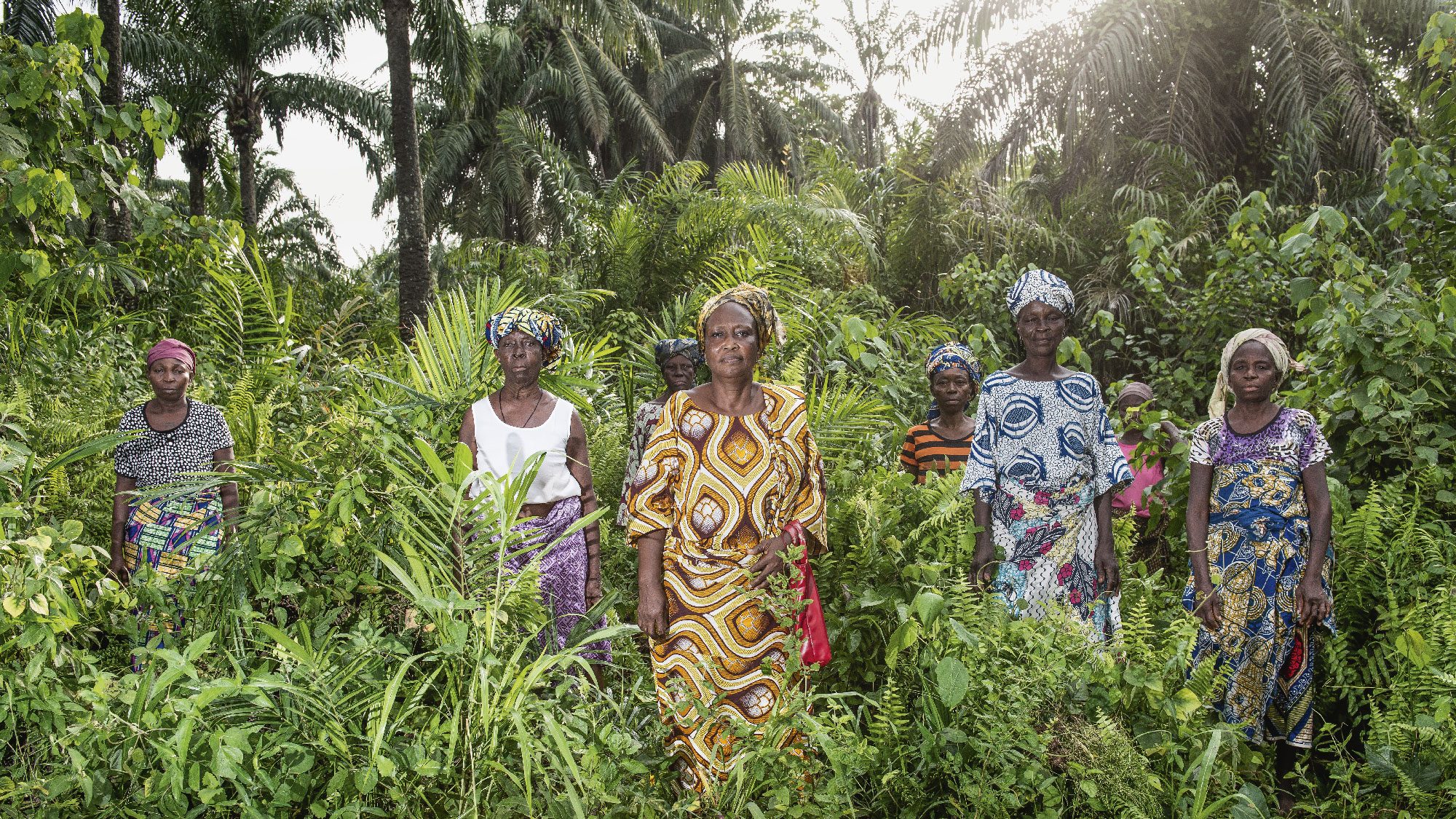
Celebrity news, beauty, fashion advice, and fascinating features, delivered straight to your inbox!
You are now subscribed
Your newsletter sign-up was successful
A new photography series celebrates the inspiring stories of independent eco farmers across the globe working towards a cleaner and more sustainable future
Do you know where your food comes from? (Apart from your local Tesco Metro.) Do any of us truly understand the environmental consequences of what we eat and drink? The rise of global agribusiness makes for a terrifying shopping list of potential crises – climate disruption, mass extinction, loss of biodiversity, pollution of oceans and waterways, and the diminishing health of communities.
We Feed The World, an archive of more than 300 images, is the brainchild of journalist Francesca Price. Working with curator Cheryl Newman and environmental charity The Gaia Foundation, Price brought 47 photographers, including Rankin, Martin Parr and Pieter Hugo, together to document the lives of 50 farming communities across six continents. ‘These photographs celebrate the work of small family farmers.'
For more details and to help support We Feed The World to continue their work with these global communities, donations are welcome at wefeedtheworld.org and gaiafoundation.org
Zuzana Pastorková, Slovakia
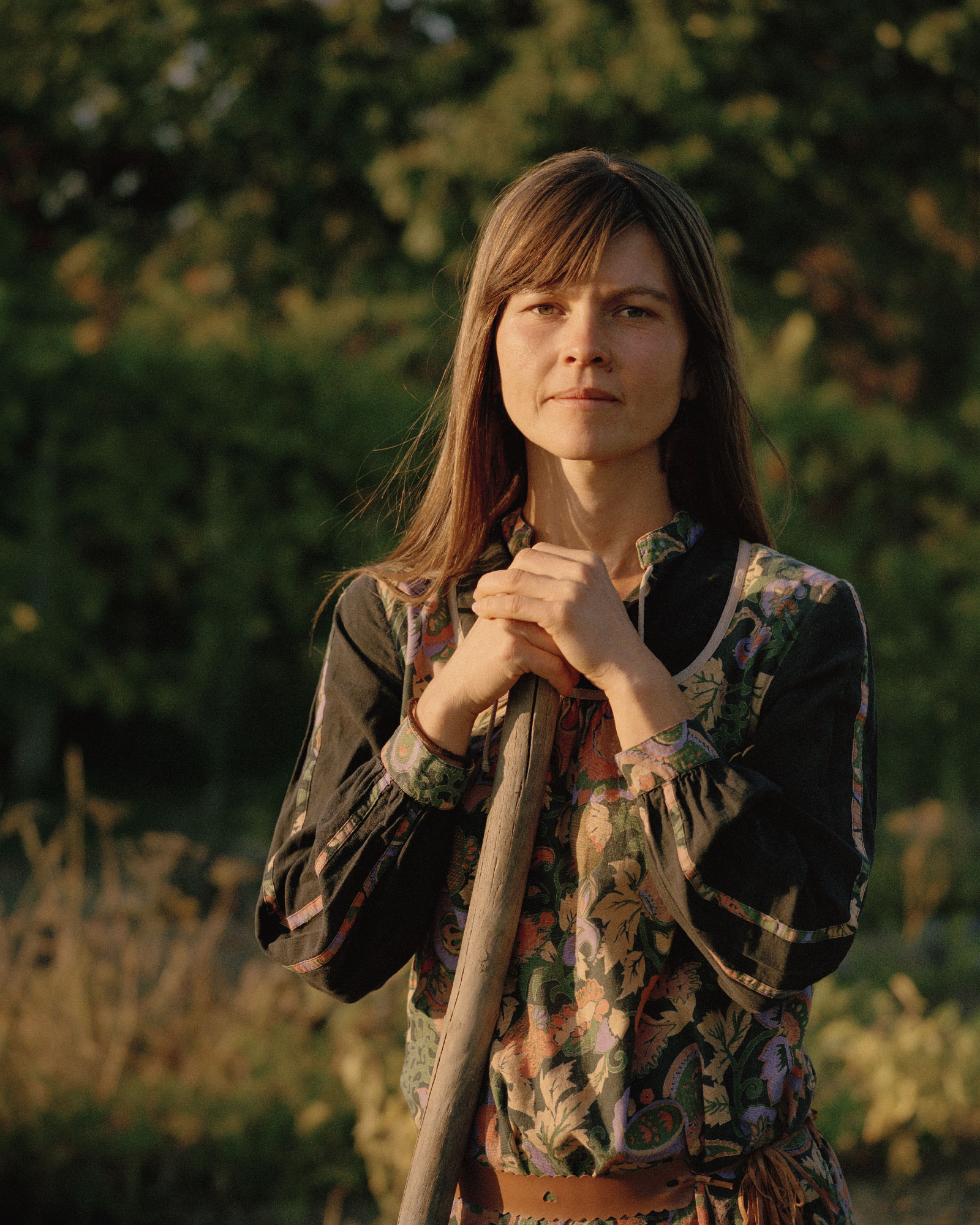
In the village of Dhlá nad Váhom, Zuzana Pastorková’s market garden grows 70 per cent of its produce from donated seeds or those sourced from her travels – beans from Ireland and Hungary, pumpkins from Cyprus and onions from Romania. Everything works together, including the free-roaming Indian runner ducks, which eat any garden pests. ‘To understand nature you have to observe,’ she says.
Borca family, Romania
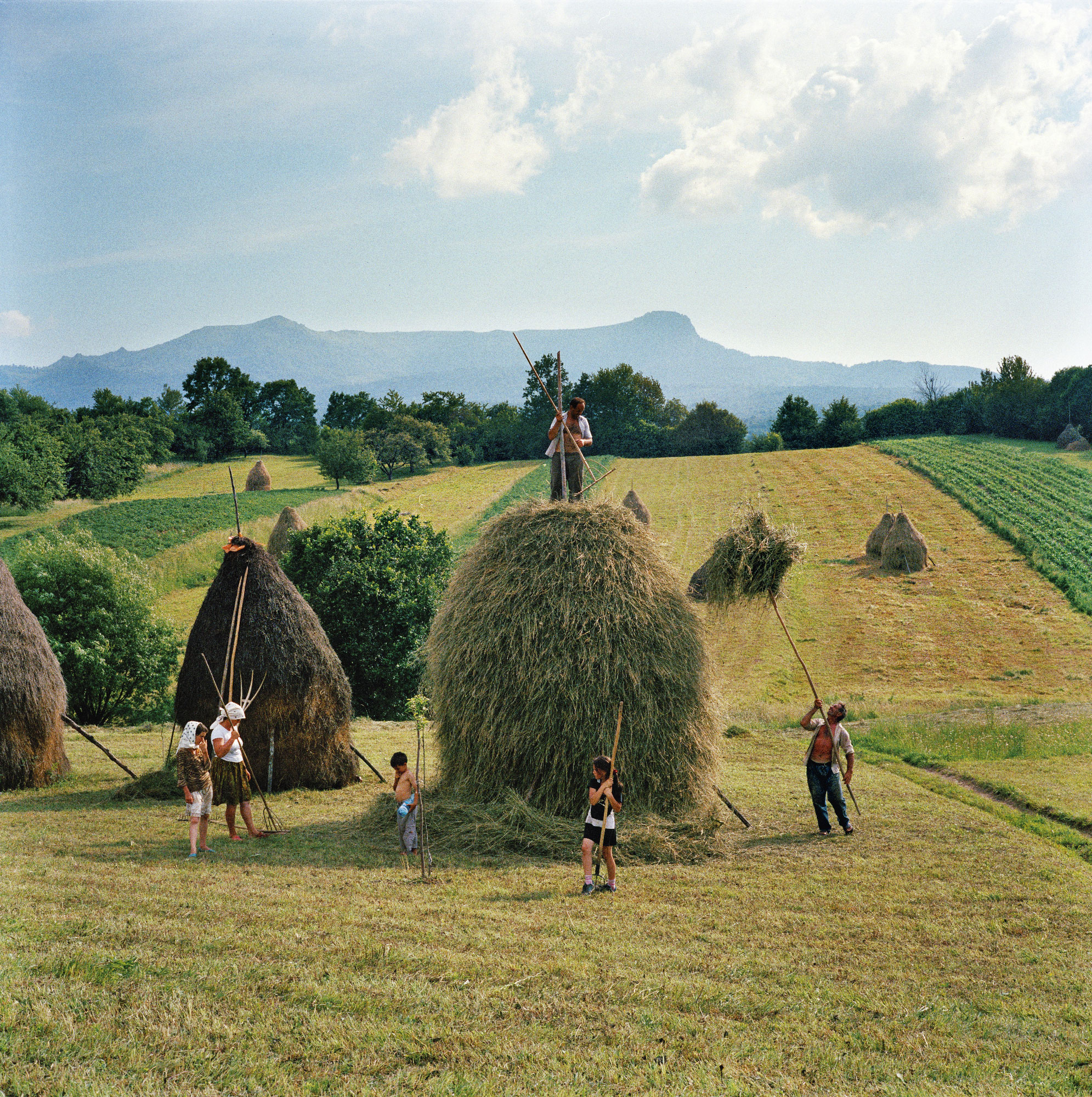
In the Carpathian Mountains, the Borca family follow a centuries-old tradition, making haystacks to feed animals through winter. These rituals are under threat as land is sold off without consultation or compensation. But the farmers, who face becoming landless labourers for agribusiness plantations, know the importance of passing on their knowledge. Farmer Anuța Borca says, ‘Tradition is a treasure.
Southern Roots Organics CSA, Dorset, UK
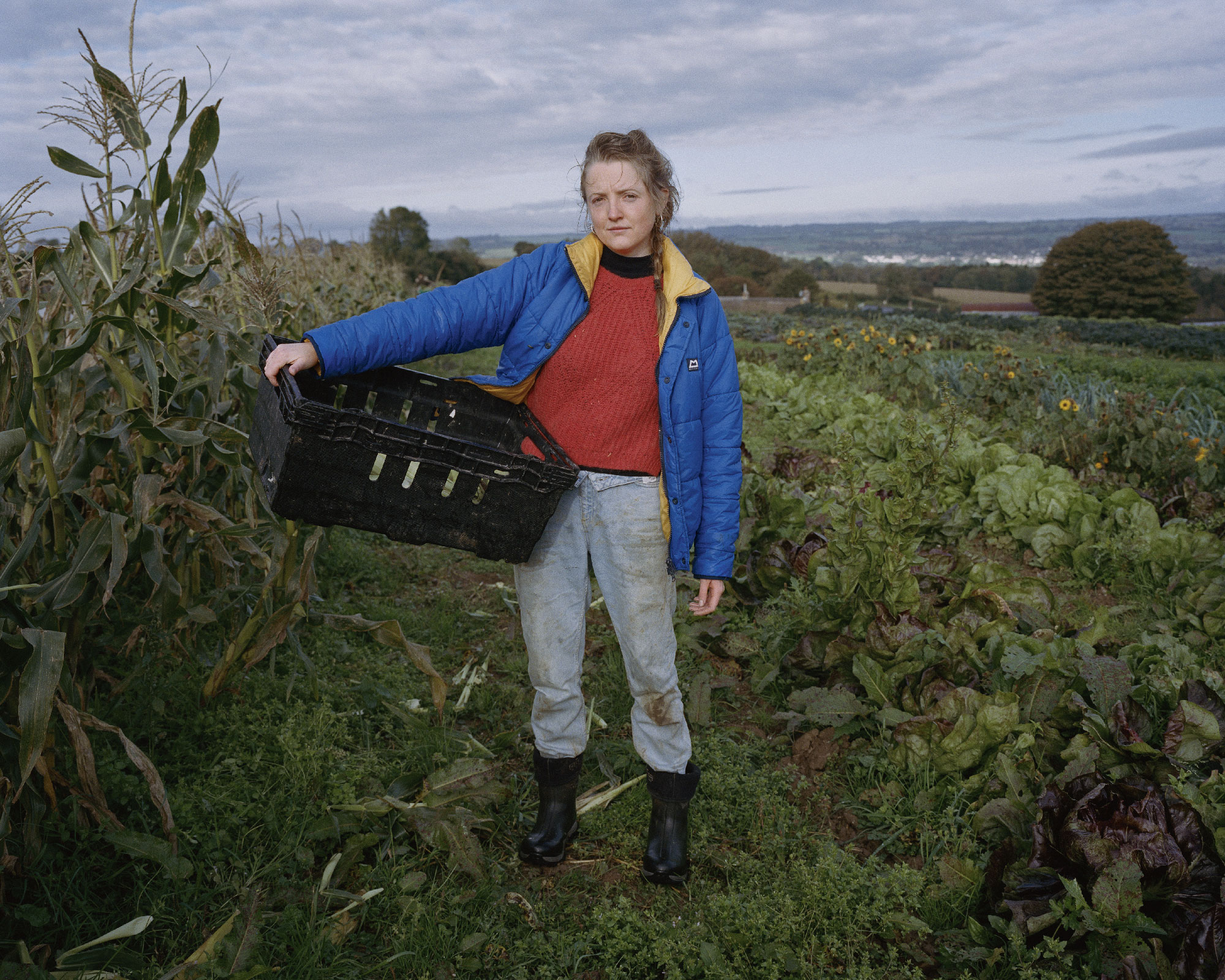
Young farmers Dee Butterly and Adam Payne set up Southern Roots Organics to produce affordable, nutritious food for their community. To address the loss of diversity in the food system, they grow a wide range – in any given season, 200 varieties of 50 different vegetables can go into the boxes they supply. ‘We want people to know they have a right to healthy food,’ says Butterly.
Celebrity news, beauty, fashion advice, and fascinating features, delivered straight to your inbox!
Ron Finley, LA, USA
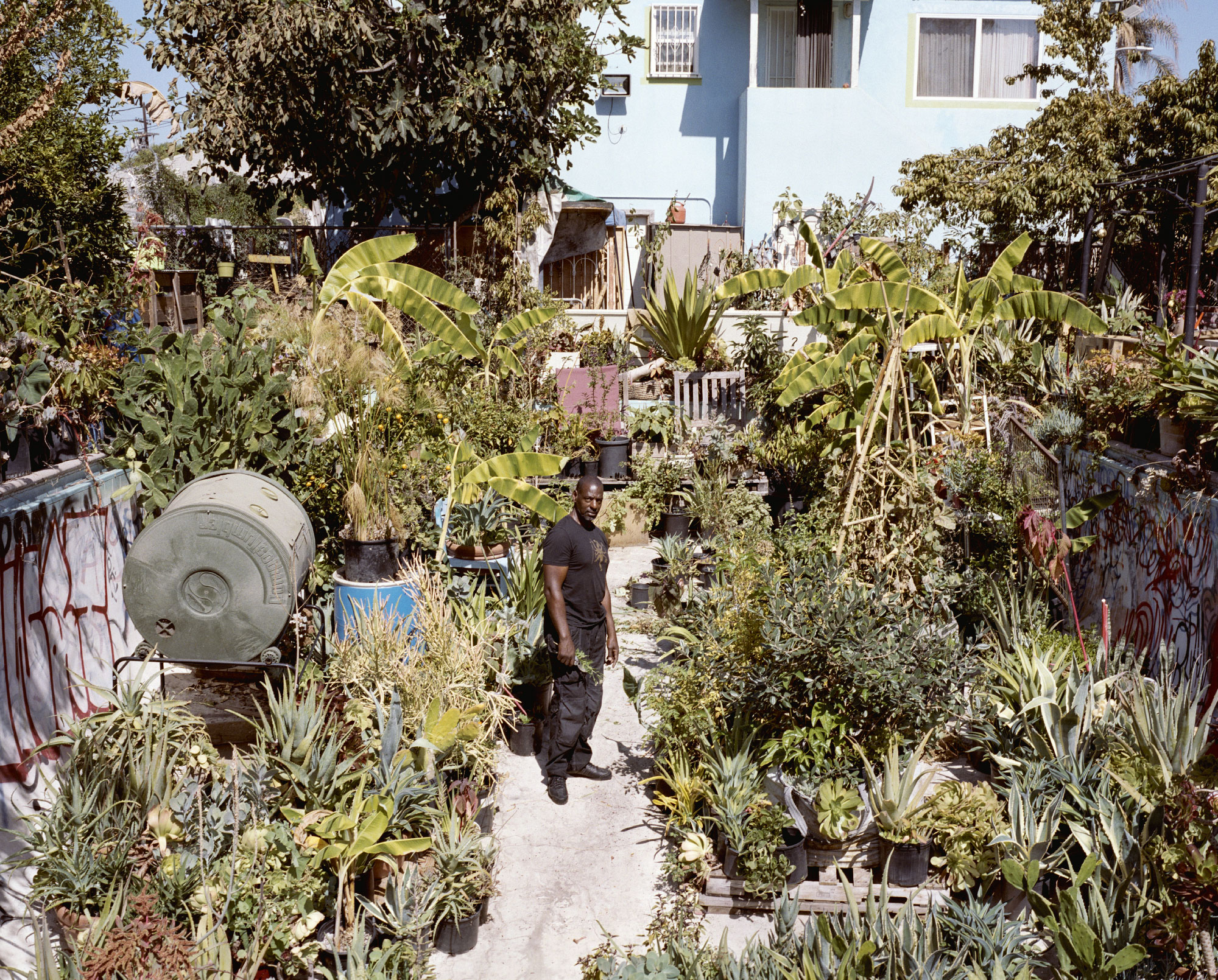
Born and raised in the South Central neighbourhood of LA, Ron Finley, aka the ‘Gangsta Gardener’, was upset by the deteriorating health of his community, and realised food was both the problem and the solution. One day, in an act of creative defiance, he dug up the grass verge outside his home and planted fruit trees and vegetables. Today, the 150ft by 10ft verge is a ‘food forest’ and, as he hoped, people take fresh food as they go by. ‘When you plant a garden,’ says Finley, ‘you’re not just feeding people, you’re healing the planet, the soil, and yourself, all at the same time.’
Shannon Eldredge, Massachusetts, USA
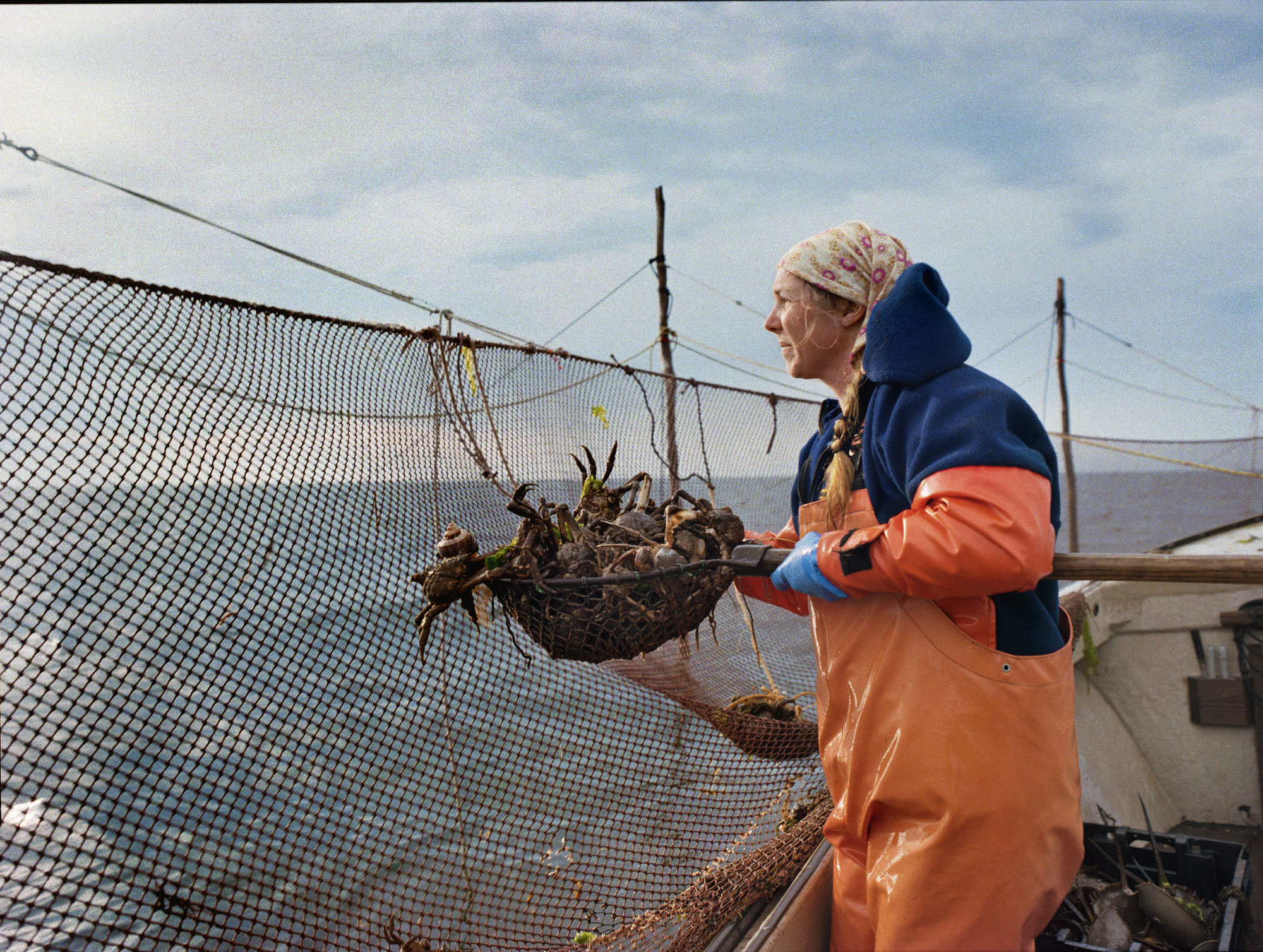
Shannon Eldredge sets up the fishing weirs that have been the source of her family’s livelihood for three generations. Traditional weir fishing is small-scale and respects the breeding season, ensuring diversity and populations remain stable. Despite her college education, Eldredge chose to work alongside her father. ‘I’m proud to take on the gift of his knowledge,’ she explains.
HR_HR_FM-wefeed-2_266043501_469559902

Every Wednesday morning in Todedji, the women of the Houenoussou Cooperative gather to eat before heading to their garden on the banks of the river Noire. Their work provides organic vegetables for the village, and ensures ancestral seed varieties, which are more resilient to climate change, will be preserved. Houenoussou produce is increasingly sought after in the cities, where good-quality produce seldom exists. In August, the women visit the sacred forest behind the garden to pay their respects to the divinity Oro.
HR_HR_FM-wefeed-2_266043501_469559902

Every Wednesday morning in Todedji, the women of the Houenoussou Cooperative gather to eat before heading to their garden on the banks of the river Noire. Their work provides organic vegetables for the village, and ensures ancestral seed varieties, which are more resilient to climate change, will be preserved. Houenoussou produce is increasingly sought after in the cities, where good-quality produce seldom exists. In August, the women visit the sacred forest behind the garden to pay their respects to the divinity Oro.
Yangdong, China
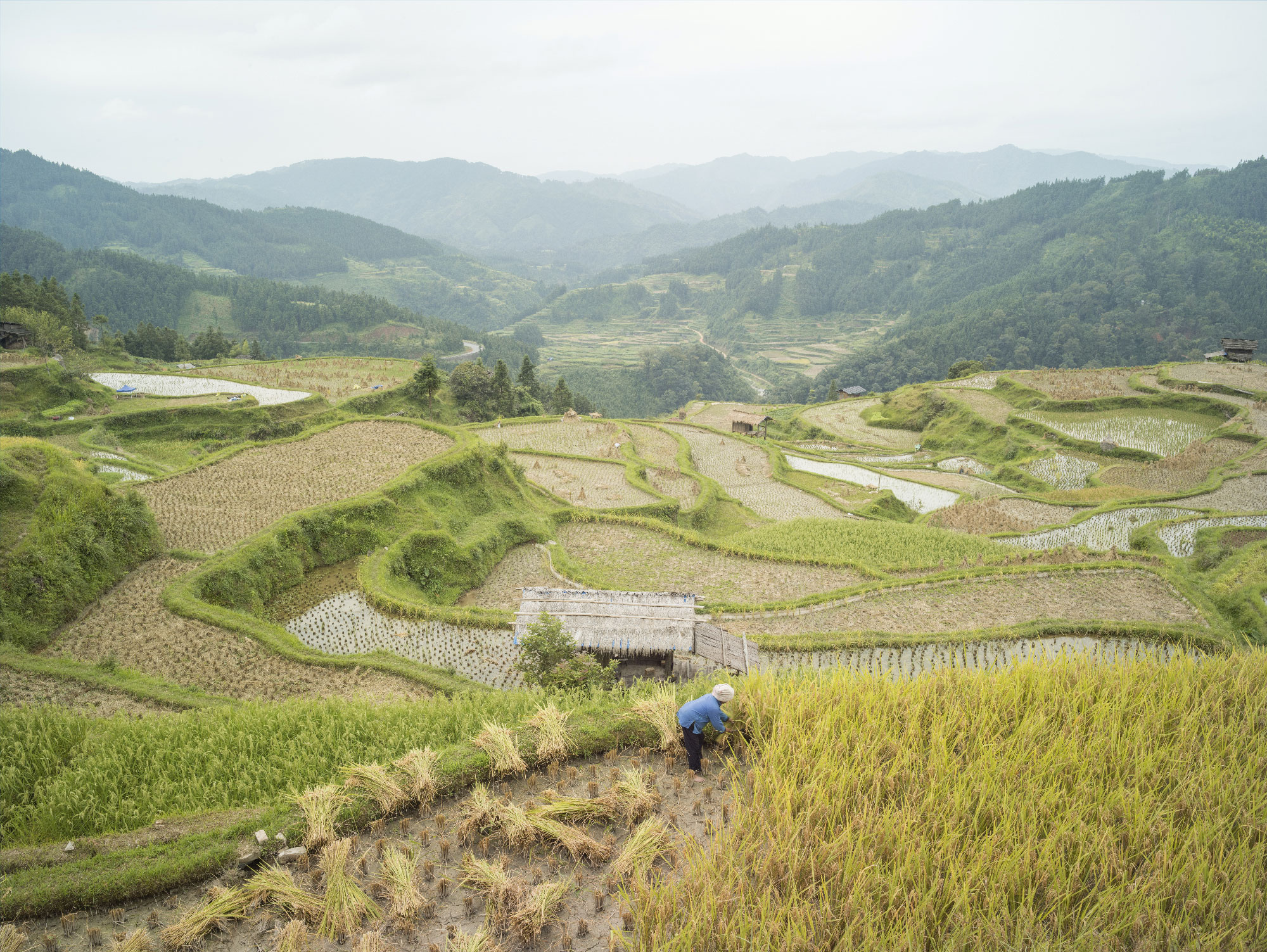
In Guizhou province, China, ethnic Dong farmers harvest rice on 600-year-old terraces. Their methods hail from the Han dynasty, involving a symbiotic relationship between man, animals and nature. Each paddy hosts hundreds of species of flora and fauna, from which they reap a harvest of rice, ducks and fish. The Dong people see nature as sacred and have renounced chemicals and machines, relying on the ‘cow-duck-fish’ trinity to control pests.
The leading destination for fashion, beauty, shopping and finger-on-the-pulse views on the latest issues. Marie Claire's travel content helps you delight in discovering new destinations around the globe, offering a unique – and sometimes unchartered – travel experience. From new hotel openings to the destinations tipped to take over our travel calendars, this iconic name has it covered.